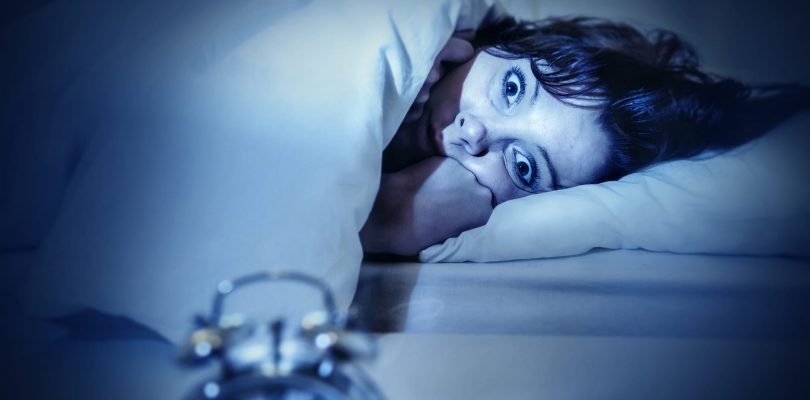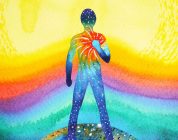Everyone dreams and when you are in certain stages of your sleep, you might have dreams and hallucinations. These normally come during REM sleep which is called “rapid eye movement.” This stage of sleep is when your body is regulated, and your brain functions are strong.
When you are awake, you have different thoughts that can be logical but when you are sleeping, your thoughts often become dreams and sometimes they make no sense to you. The emotions that you have can trigger your brain to dream.
There is no proof that things that you have done in your life cause you to have dreams and even though some dream theorists believe that your activities and conversations cause your dreams, there is no real proof to this idea.
Dream Role
Even though dreaming has been widely researched, there is not real way for someone to know what causes a dream.
Therapists
Your dream can seem emotional and when your brain is operating on an emotional level when you are awake, your brain might decide to act out when you are sleeping.
Fight or Flight
The area is most active when you are dreaming, and the amygdala is part of the brain that allows you to go into survival mode when needed.
Some believe that the amygdala is more active when you are sleeping and that your dreams help you to deal with the threats that you feel.
The brain will send out different ideas when you are in REM and will help you to relax your muscles so that you do not try to run when you are sleeping.
Muse
Another theory is that when you are creative, you dream about things you want to create. You will dream when you are awake as well and this can motivate you to dream at night and to create flow through your life.
Memory Aides
One theory that is widely believed is that dreams help you to store your memories so that you can come back to them later. When you have feelings that are strong, some of your unimportant memories can get replaced with these strong memories so that you do not forget them.
Sleep helps you to keep your memories and to get more information when you are sleeping. This is one way that you can remember stuff when you wake up.
Dreams and how they collect memories are not completely understood but many believe that your memories are stored when you are sleeping, and this can help you to learn and to remember things much easier.
Nightmares
Dreams are part of your emotions and can help you to store memories but sometimes nightmares come. These kinds of dreams can be hard and upsetting and they can cause you to be anxious and stressed.
If you are often having nightmares, you might have a sleeping disorder and sometimes this can be diagnosed if you have these things:
- Dreams that cause you to be afraid to go to sleep.
- Dreams that disrupt you.
- Dreams that cause you sleeping problems.
Some people have a nightmare here and there but according to the American Sleep Association, only about 5% of people have nightmares that are recurring.
Influence of Dreams
Some things that happen in your everyday life can affect your dreams such as:
Health Problems
One of the biggest things that can influence how you dream is your health. If you are sick and you are not reaching REM, chances are that you are not going to get good rest and you will not have very many vivid dreams.
REM is the stage where you will have the most vivid dreams and the dreams that you will be able to remember. If you are pregnant, chances are your hormones will affect how much you dream and the intensity of it.
Depression, bipolar disorder, and other mental illnesses can cause you to have strange or intense dreams. There is medication that can be given to someone that is experiencing this.
Food
Food can cause you to have wild dreams. If you eat something that is high-carb, it gives you more energy and can leave you having wild dreams. Some foods can affect your waking up and your unconscious mood and if you have a sugar crash, for example, it can affect you in your dreams.
Foods that cause you to wake up often in the night can cause you to miss out on the REM dream and you will probably remember more of your dreams.
Activities
Having sleep that is often interrupted can cause you to have vivid dreaming and let you recall your dreams more often. When you want to get better sleep, go out and exercise each morning and do some cardio before noon. This will help you to fall asleep faster and help you to have deeper sleep at night.
Runners that get exhausted spend less time in REM sleep and can de-stress from their day easier.
How to Remember Your Dreams
One of the things about dreams is that they are hard to remember sometimes. The brain chemicals such as norepinephrine is an activity that helps you to recall your dreams. If you have a dream but you don’t wake up during the dream, you probably won’t remember it.
You might be able to recall your dreams if you fall asleep and you think about something you want to dream about.
Dream recall can be interrupted by things in your life or things that distract you, so you need to try to remember your dream right when you wake up. Write it down so that you can remember it and write down the images that you saw as well.




